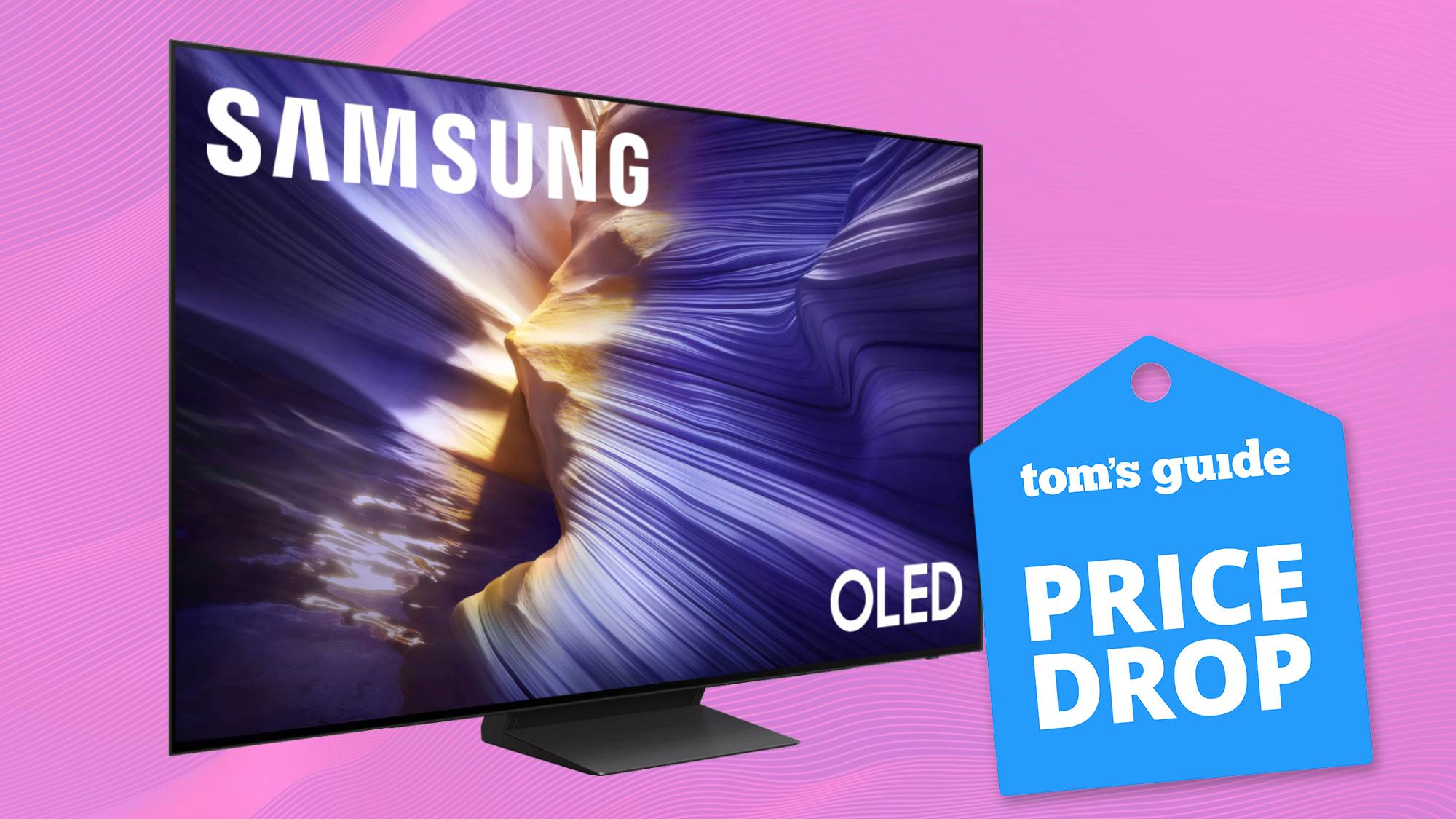The Google Pixel 4a has basically just been confirmed
Revealed by Google’s own Camera app.

Here at Tom’s Guide our expert editors are committed to bringing you the best news, reviews and guides to help you stay informed and ahead of the curve!
You are now subscribed
Your newsletter sign-up was successful
Want to add more newsletters?

Daily (Mon-Sun)
Tom's Guide Daily
Sign up to get the latest updates on all of your favorite content! From cutting-edge tech news and the hottest streaming buzz to unbeatable deals on the best products and in-depth reviews, we’ve got you covered.

Weekly on Thursday
Tom's AI Guide
Be AI savvy with your weekly newsletter summing up all the biggest AI news you need to know. Plus, analysis from our AI editor and tips on how to use the latest AI tools!

Weekly on Friday
Tom's iGuide
Unlock the vast world of Apple news straight to your inbox. With coverage on everything from exciting product launches to essential software updates, this is your go-to source for the latest updates on all the best Apple content.

Weekly on Monday
Tom's Streaming Guide
Our weekly newsletter is expertly crafted to immerse you in the world of streaming. Stay updated on the latest releases and our top recommendations across your favorite streaming platforms.
Join the club
Get full access to premium articles, exclusive features and a growing list of member rewards.
Last year, Google released a new twist on its excellent Pixel 3, the cut-down but much more affordable Pixel 3a and Pixel 3a XL. After the Pixel 4 broke cover in October 2019, we have been expecting a Pixel 4a to come sooner or later, and now Google has all but confirmed it in a new software update.
XDA Developers have been rooting around in the latest update to Google’s Camera app, and while examining the APK, found some interesting references to Google’s future plans.
For the app itself, there looks to be upcoming support for a 24fps video mode, to accompany the existing 30fps and 60fps standards. This feature will no doubt be very exciting for smartphone videographers who can use the lower frame rate to capture more cinematic-looking footage, since film cameras traditionally recorded video at the same speed.
There’s also a new setting for the camera app which allows it to temporarily use Do Not Disturb when you’re recording video. With this enabled, you’ll be able to record lengthy pieces of footage without worrying that an unexpected call or notification will make your phone vibrate.
But for most of us, the more exciting morsel of information is mention of codenames sunfish and bramble, which have previously been believed to refer to the successors to the Pixel 3a series. This belief seems to have been confirmed by the nearby presence of the words “pixel_20_mid_range,” which seem to be pretty unambiguously referring to a Pixel much like the 3a being released in 2020.
We don’t have many other rumors about the Pixel 4a to share with you. We can probably expect another May release date and another pair of phones prices around the $400 mark.
The only major leak dates back to December 2019 and comes from 91mobiles and Twitter leaker OnLeaks. It claims that the 4a will only have one rear camera instead of the Pixel 4’s dual array, but it will have a headphone jack, a punch-hole selfie camera and a rear fingerprint scanner, replacing the Motion Sense facial recognition system on the original Pixel 4.
Get instant access to breaking news, the hottest reviews, great deals and helpful tips.

Richard is based in London, covering news, reviews and how-tos for phones, tablets, gaming, and whatever else people need advice on. Following on from his MA in Magazine Journalism at the University of Sheffield, he's also written for WIRED U.K., The Register and Creative Bloq. When not at work, he's likely thinking about how to brew the perfect cup of specialty coffee.
 Club Benefits
Club Benefits










